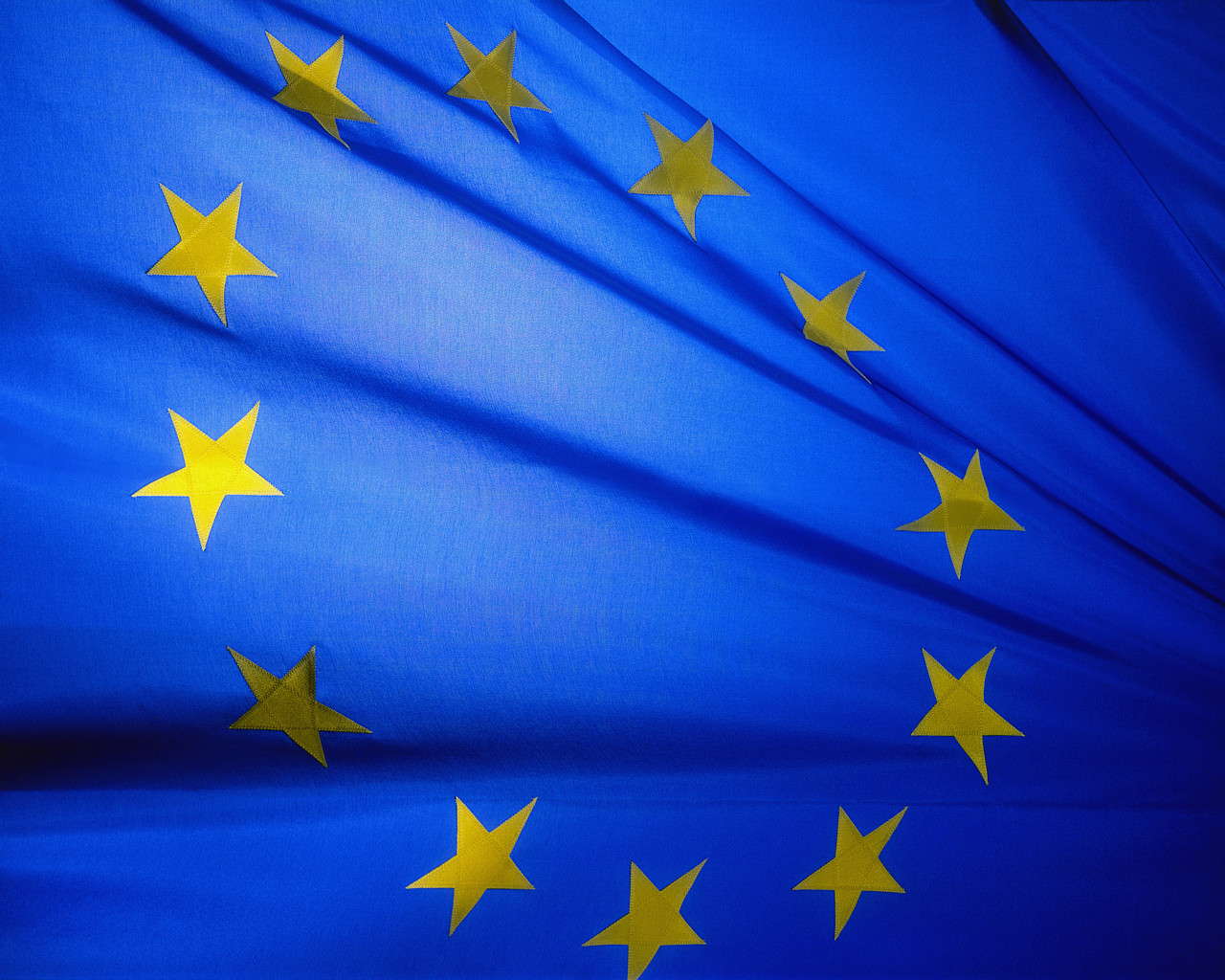
In a typical economic cycle, a recession would be followed by a period of growth which would see a marked pick-up in employment levels. Whilst employment has improved within the EU as the recovery has progressed, unemployment has remained high because of the weak nature of the recovery, uncertainty and weak global demand. In Spain and Greece, general unemployment is still very high (26.4 and 24%, July data). Against this backdrop, the European Commission felt bound to take action.
The EU President, Jean-Claude Juncker, announced an ambitious plan which envisages €315 billion of investment in infrastructure projects to bump-start the EU's faltering economy. The plan is that the lion's share of this sum would come from private investors with the EC providing €16 billion from its own budget. The hope is that the scheme would generate 1.3 million jobs across the EU over five years. It would also see investment in broadband, energy networks, education, and research as well as transport infrastructure improvements. Member States would be asked to identify suitable projects in their territory with “high socio-economic returns” that could be supported by this initiative. The plan would start next year with projects to start between then and 2017.



